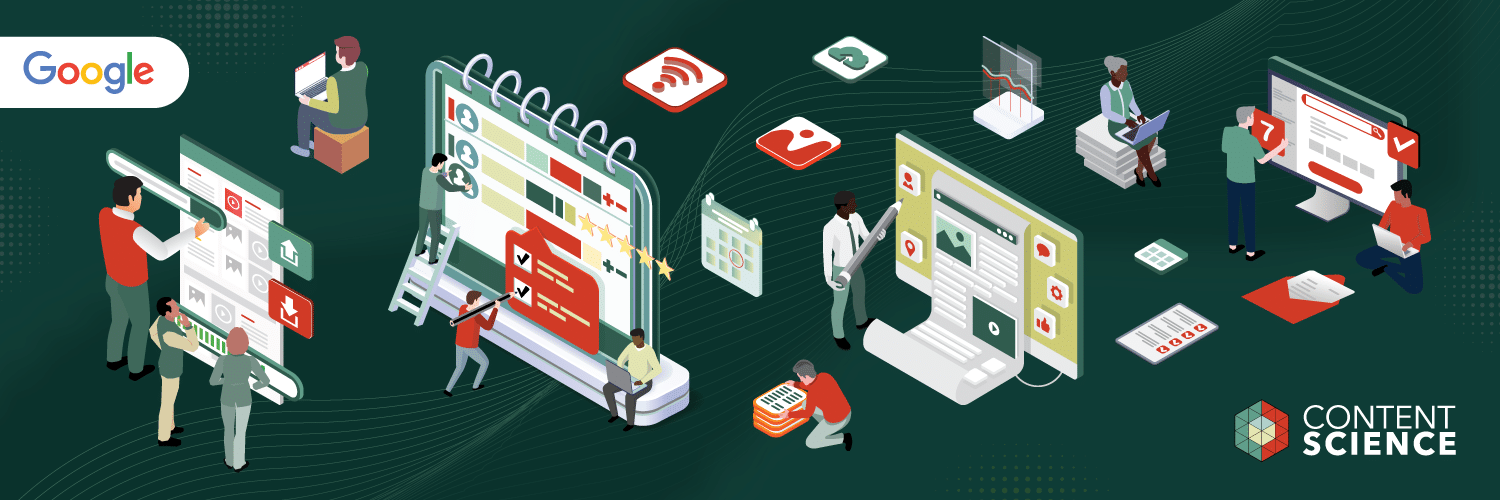
Google is continuing to prioritize great content with the release of its new “helpful content update.” For years, Google has been tweaking its algorithm to make sure the most useful, relevant content appears in search. The company said its latest search update is “part of a broader effort to ensure people see more original, helpful content written by people, for people, in search results.”
The bottom line is content creators need to focus on developing content that helps their users instead of focusing on feeding search engines. So, what does all of this mean for content professionals concerned about search engine optimization?
Here are three key takeaways to consider moving forward:
1. Focus on Topics Your Customers Care About
In her book, The Content Advantage, Content Science Founder Colleen Jones writes that taking the time to understand what your customers need and want to know is essential in creating useful content. You can use online research, surveys, or study your analytics to find out what’s most important to your users.
Additionally, data from our content effectiveness measurement tool, ContentWRX, has revealed that if customers view your content as not geared toward their specific needs, they’ll be less likely to be influenced by it. What this means is you can’t keep trying to reach a broad audience and succeed. Think about what segments or audiences you really need to focus on, and prioritize creating content for them.
But this doesn’t mean you should stop paying attention to search engine optimization all together. It just means putting the person first. Once you figure out what topics matter most, then you can optimize your content for search, including using the topic and topic phrases in page names, asset names, metadata descriptions, and text content.
2. Offer Unique Information or Perspectives Based on Your Expertise
Knowing what topics to cover is only one step in the content process. After determining your content topics, it’s important that you think through how to produce content on each topic in a way that’s unique to your organization and that includes a unique point of view. If you are just duplicating what’s already out there and ranking well in search, it will be hard to break through.
In Google’s announcement about its new release, the company says you will want to ask yourself: “Does your content clearly demonstrate first-hand expertise and a depth of knowledge (for example, expertise that comes from having actually used a product or service, or visiting a place)?”
When you create content around topics that are specific to your business or organization or that has a unique angle on topics you care about, you will automatically be meeting this Google guideline.
3. Create In-Depth Content on Key Topics
In its effort to put people first, Google is telling content creators to ensure that users will walk away from content “feeling they’ve learned enough about a topic to help achieve their goal.” Sometimes you can answer a user’s questions with a short article or video, but other times, you will want to dig deeper to be sure you’re thoroughly covering a topic or answering a question.
Think through and research topics that are related to the primary topic of a piece of content. It also helps to address user intent in your content strategy. This means moving beyond a specific keyword or topic to figure out exactly what users are trying to find out when they are searching for the term or question. For example, content, and in particular content marketing, has been around for a while. A lot of the basic topics are covered on a shallow level. And our research has found customers notice this. When your content lacks detail and sophistication, customers will view your content as less useful and relevant.
Using these tactics will help you build out a piece of content so that it fully meets a user’s needs.
Bottom Line for the Helpful Content Update
Every time Google makes a major change to its algorithm, we learn more about its impact on content over time. We expect the same from the helpful content update.
We’re also intrigued by the alignment between Google’s updated guidelines and the dimensions of content effectiveness as Content Science defines them:
- Discovery: How do users discover content? Do users find the content they need?
- Accuracy: Do they perceive the content as accurate?
- Polish: Do users perceive the formatting and design of the content to be a high level of quality?
- Relevance: Do they perceive the content as serving their needs or interests?
- Usefulness: Does the content anticipate the users’ needs and enable them to complete the goals?
- Influence: Do users take action or make a decision after viewing the content?
We’ll continue to share more insights as further details come to light.
Events, Resources, + More
The Ultimate Guide to End-to-End Content
Discover why + how an end-to-end approach is critical in the age of AI with this comprehensive white paper.
The Content Advantage Book
The much-anticipated third edition of the highly rated book by Colleen Jones is available at book retailers worldwide. Learn more!
20 Signs of a Content Problem in a High-Stakes Initiative
Use this white paper to diagnose the problem so you can achieve the right solution faster.
Upskill with Content Science Academy
Training for modern content roles through on-demand certifications + courses or live workshops.


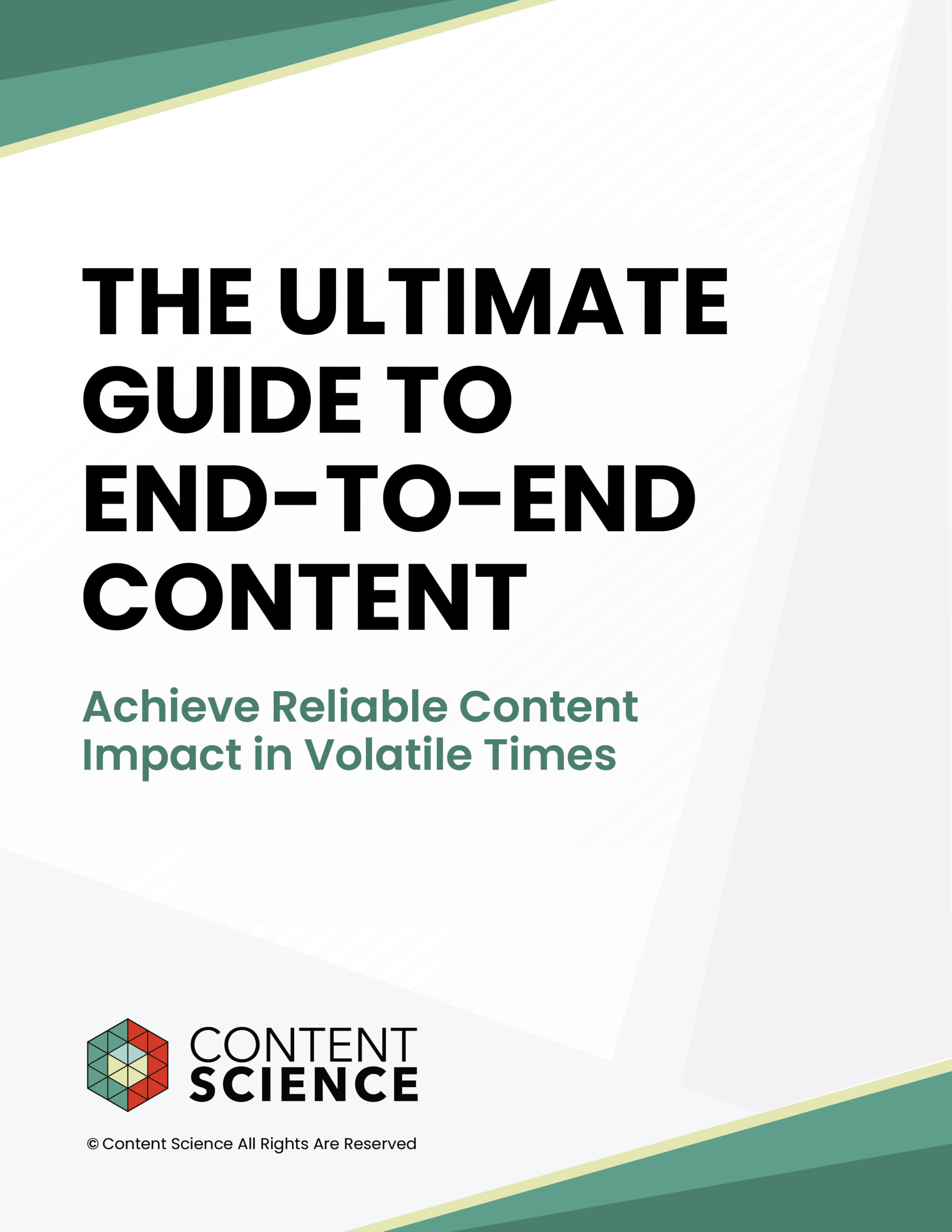
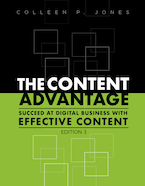
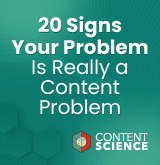
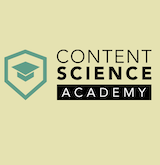
Comments
We invite you to share your perspective in a constructive way. To comment, please sign in or register. Our moderating team will review all comments and may edit them for clarity. Our team also may delete comments that are off-topic or disrespectful. All postings become the property of
Content Science Review.